An alliance of business leaders, industry and community groups are committing to a five-year alliance to get on with the job of planning and delivering our sustainable economy transformation.
Engineers Australia, the Planning Institute of Australia, the Australian Youth Affairs Coalition and the Infrastructure Sustainability Council are among the first to join the Climate Ready Australia 2030 (CRA2030) alliance which is a flagship project of Griffith University’s Climate Ready Initiative (CRI).
The project is backed by CRI’s high-profile board and chaired by internationally-recognised impact investment expert Rosemary Addis AM who believes Australia is at a crossroads where we should make strategic decisions about the future we want to create.
“Done well, the transformation required by climate change has the capacity to deliver substantial positive social, economic and environmental benefits,” said Ms Addis.
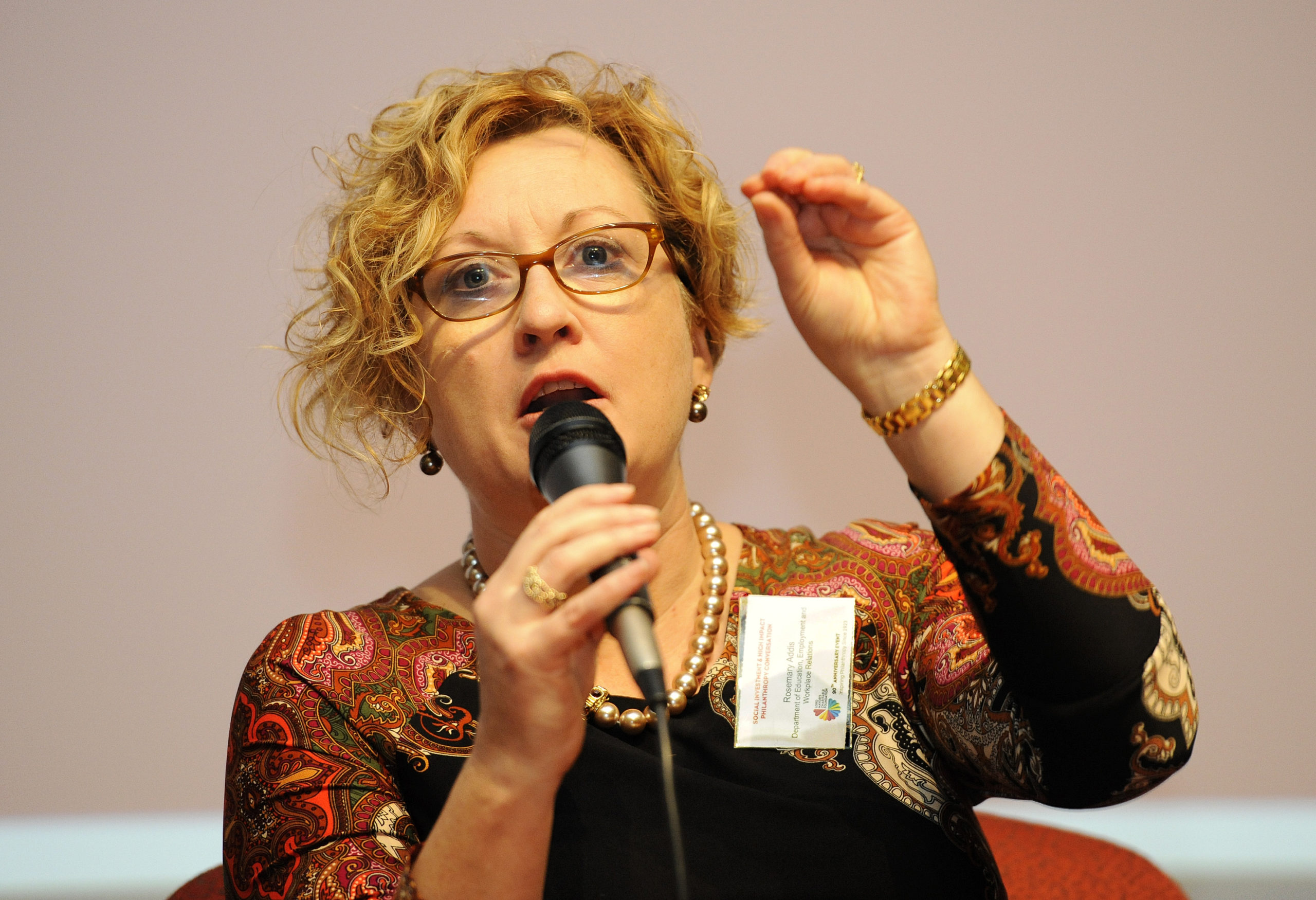
Credit: Lord Mayor’s Charitable Foundation
Rosemary Addis AM, Chair of the CRI presenting on investment for impact.
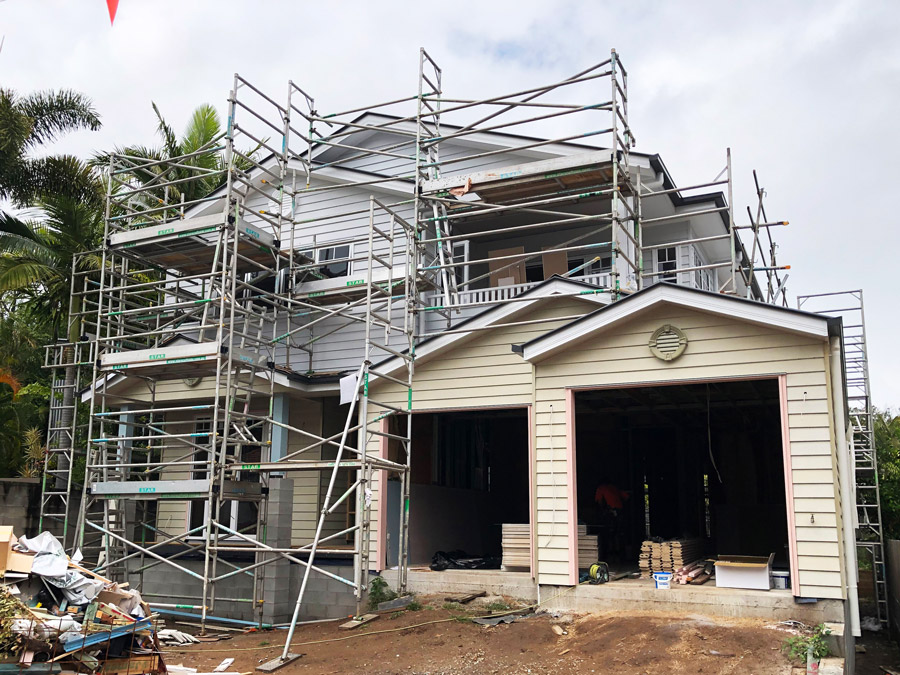
Credit: Jaana Dielenberg
Energy intensive industries like construction face a rapid transformation.
“But, if we don’t keep pace with global expectations we will increasingly see Australian goods and services penalised, such as through facing higher trade tariffs. Our agriculture, energy, health, and infrastructure sectors all face major threats that we must prepare for.
“If we don’t take transformative action on climate change now, Australia risks missing out on the substantive economic opportunity, jobs creation and broader environmental co-benefits of a carbon neutral future.
“Australia currently lacks a plan for how to deliver our carbon commitments while ensuring that 25 million Australians are better off in 5, 20 and 50 years time,” Ms Addis said.
“This is an ambitious project aiming to fill this critical gap, by developing a detailed plan of how to get there, in collaboration with the industries and community groups that must be part of solutions.”
Convening CRA2030 is Sam Mackay, Executive Director of the CRI, who said that other peak groups are encouraged to join the Alliance.
“By joining, industry and community groups can help to shape a shared plan for sustainable development that builds on past successes.
“This includes identifying the big transformative actions and investments needed to minimise Australia’s risk and enhance our opportunities in a rapidly transforming world,” Mr Mackay said.
Professor Brendan Mackey, CRI Deputy-Chair and Director of the Griffith Climate Action Beacon, said that Griffith University provides a neutral platform to facilitate dialogue and collaboration between business, government and community, as well as helping ensure these deliberations are informed by robust evidence.
“The alliance will benefit from Griffith’s internationally recognised expertise and experience in climate risk management and social and economic development, in Australian and in the Asia-Pacific,” Prof Mackey said.
Australian business leader and CRI Board Member Ann Sherry AO said, “Ultimately climate resilience and driving to net zero requires us all to be part of the solution: Corporations and companies, investors and asset managers and community organisations.
“This coalition of interests brings together these, sometimes disparate, voices and interests to drive the joint effort and change we need, and the urgency we need.”
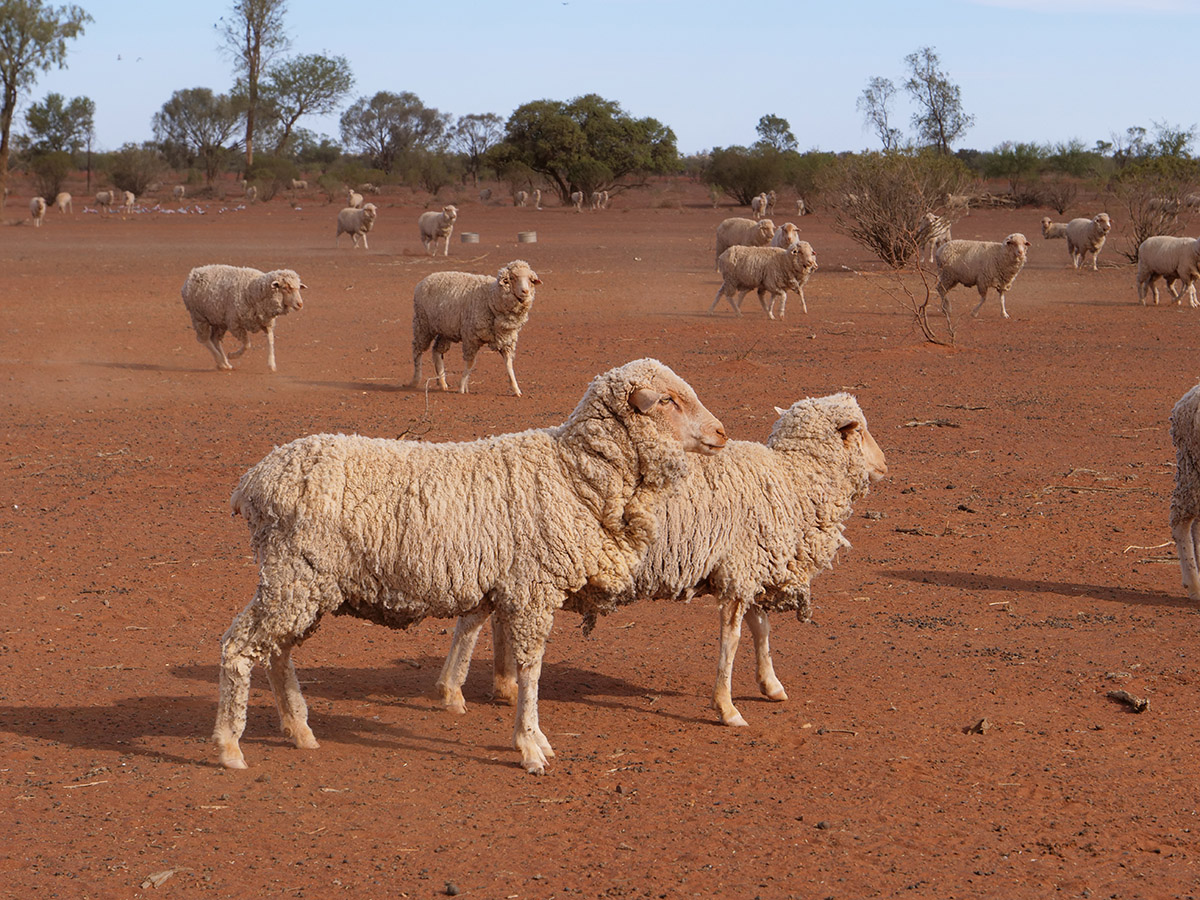
Credit: Jaana Dielenberg
Industries need to prepare for future climate risks. For example sheep districts in western Queensland and NSW are expected to face increased temperatures and more time in drought.
Here is what some of our alliance partners had to say:
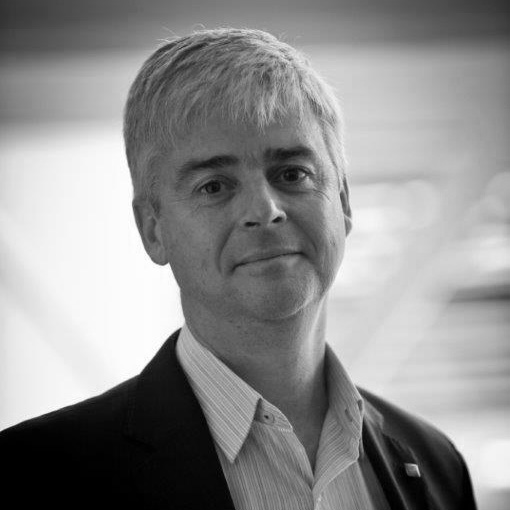
David Williams, CEO Planning Institute of Australia.
“Meaningful action on climate change will take every sector across the nation stepping forward together.
“Planners want to play their part in that shared future by creating more resilient communities, liveable places and a stronger natural environment across Australia.”
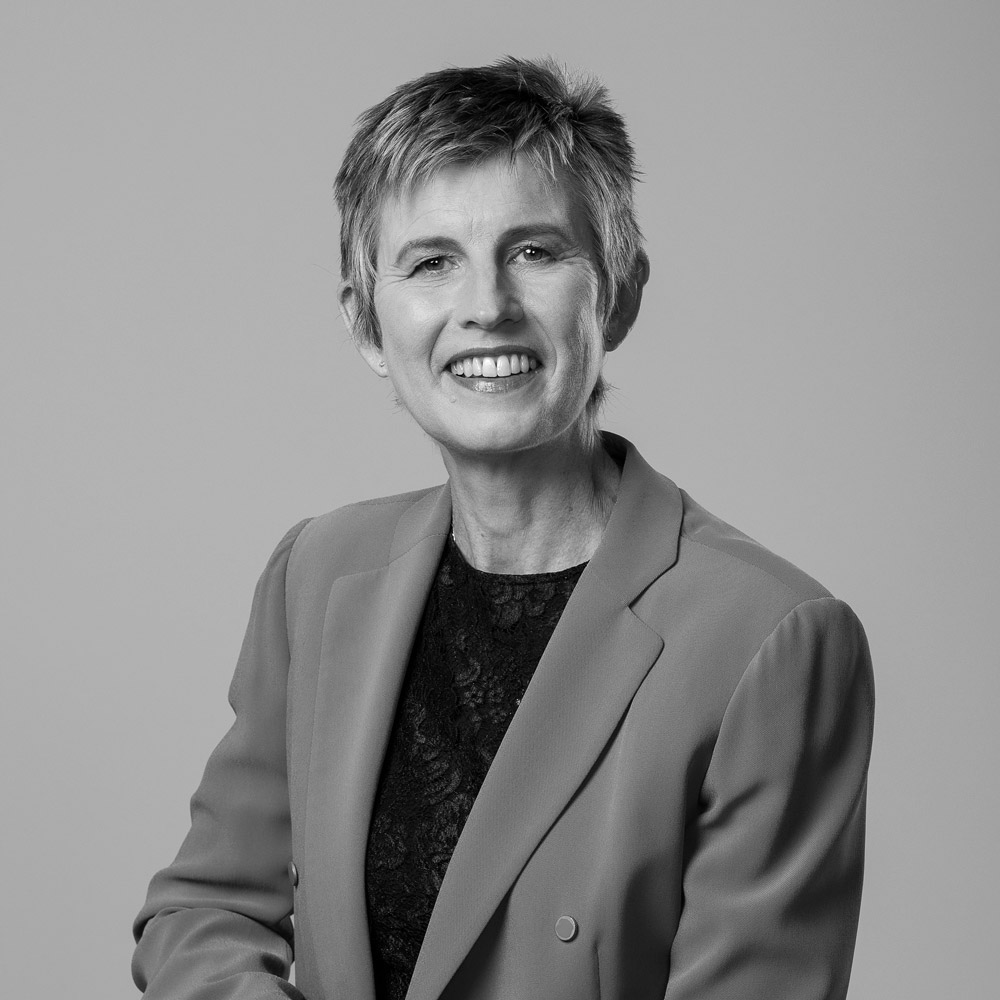
Dr Bronwyn Evans AM, CEO Engineers Australia.
“Engineers Australia is committed to real-world action to address the increasingly urgent threat of climate change impacts, both globally and in Australia.
“Working with governments, industry, academia, and the broader community, engineers can help design and build a sustainable, prosperous future for all. The CRA2030 project will help drive a significant and shared national agenda to that end.”
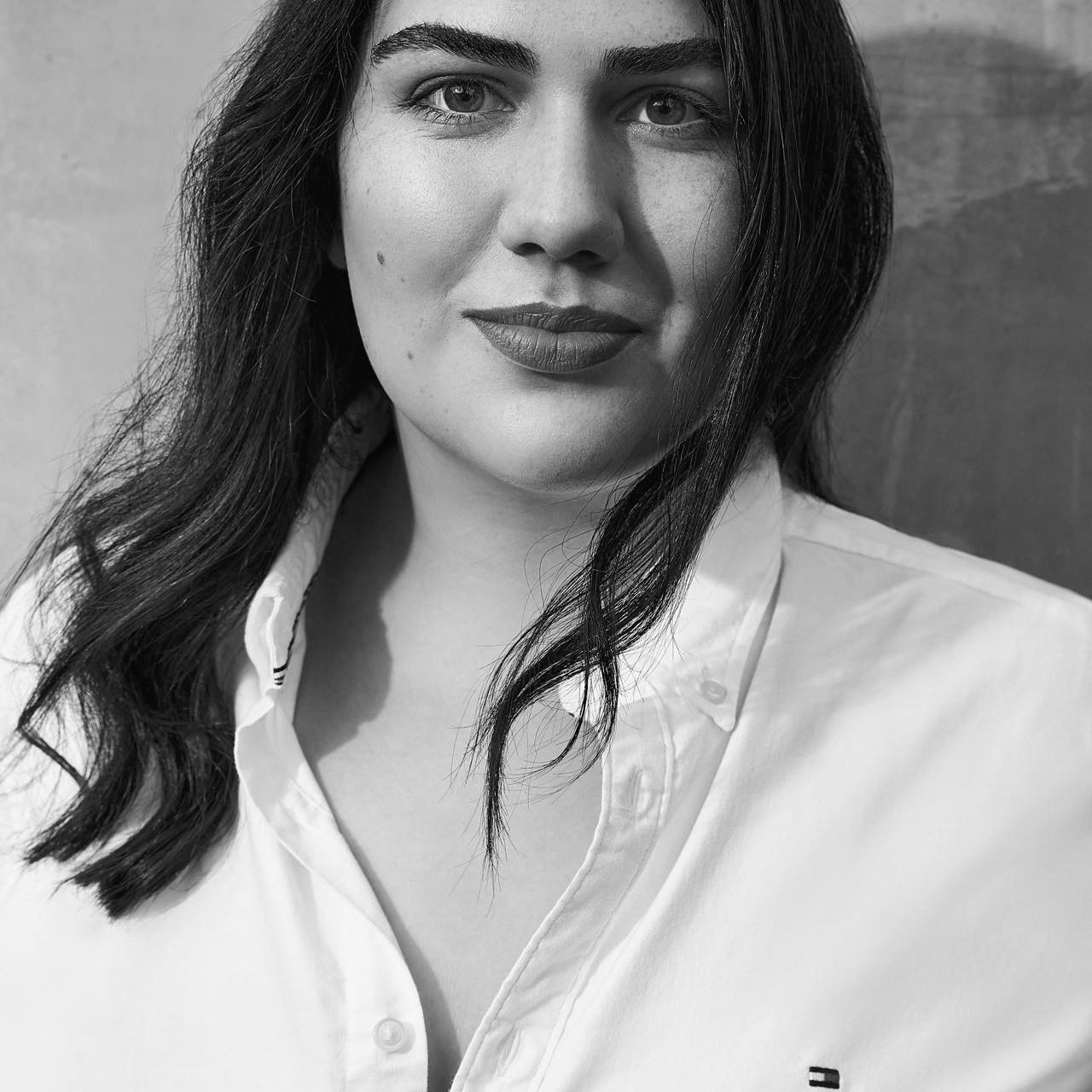
Caitlin Figueiredo, Co-Chair Australian Youth Affairs Coalition
“Young people have the knowledge and ambition to create a more sustainable future that works for everyone. We want fair and inclusive climate action that leaves no one behind.
“The CRA2030 project is an opportunity to embrace climate action and to work together with young people and the entire community to determine our shared future.”
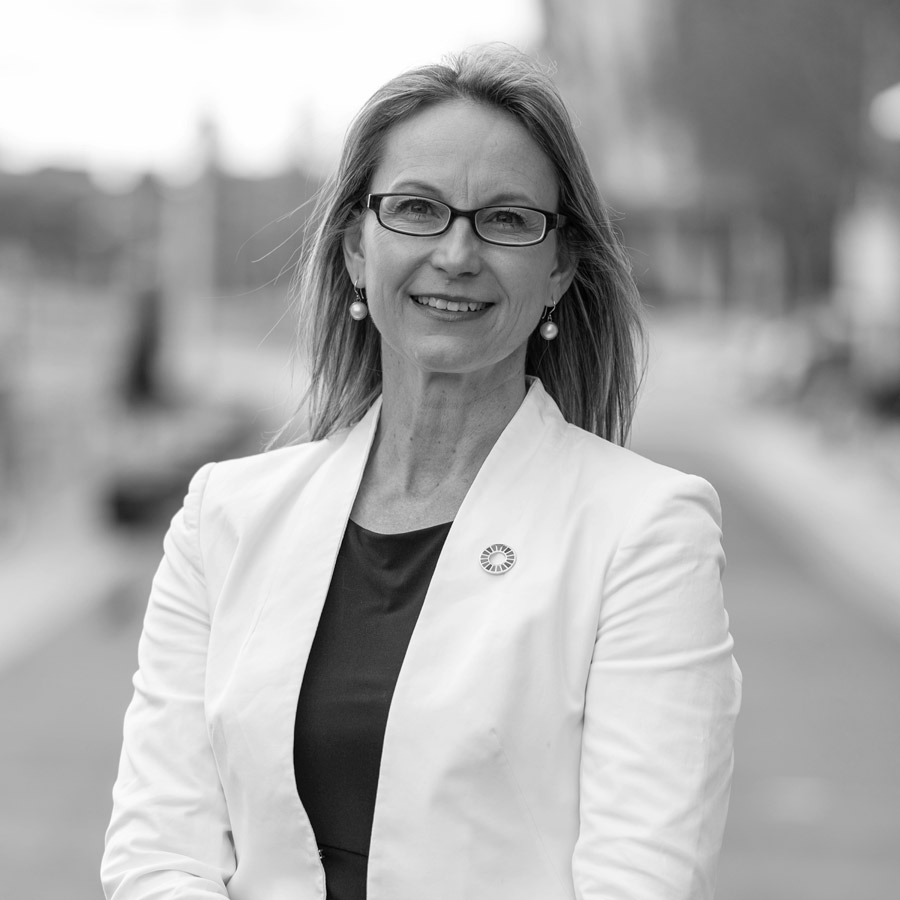
Ainsley Simpson, CEO Infrastructure Sustainability Council
“As the peak infrastructure sustainability body across Australia and New Zealand we believe urgent action is required to shift towards infrastructure that both delivers and enables a low-carbon, climate-resilient infrastructure.
“The CRA2030 is a powerful opportunity to break-down industry silos and achieve impact across the economy for people, the planet and business.”
Top Photo : Our cities and suburbs are changing. For example, Adelaide is predicted to have more very hot days. Good urban planning can help to reduce the impacts. Credit: Jaana Dielenberg

